Chewing is a natural behavior among both puppies and dogs for exploring the environment that they are in. However, this becomes problematic when they start chewing everything out there.
Incessant chewing is a sign that it has become a compulsive behavior. The best way to stop an adolescent dog or puppy from chomping away at everything in your home is by providing them with suitable alternatives.
Following are some tips that you could follow in this regard:
- Give them puzzle toys or toys that are indestructible.
- Always verbally instruct them not to chew anything that does not belong to them before you direct them to chewy toys that belong to them.
- Give them chewy treats that last long and are big – these would also keep their teeth clean.
- Use natural bitter pet-friendly repellants to coat items that cannot be moved, like wires.
- Dog-proof your home by picking up and putting away prized possessions such as clothes and shoes.
- Praise them when they chew toys that they are allowed to chew.
- Get them to work out before giving them something to chew on for a certain time.
A big part of the process is determining what kind of chewer your dog is. The solution to the problem depends on the same. First, identify the type of dogs – unstimulated or bored dogs, anxious dogs, and puppies in general. Next, you must know how to deal with these issues properly.
Helping the bored dogs
Dogs are like humans in the sense that they can become bored as well. It happens especially when they are not getting enough exercise or stimulated in any other way.
That’s when your dogs start to find ways to keep themselves engaged to stave off boredom and amuse themselves. It leads to the destructive chewing that we are talking about over here.
Following are how you can stop your dog from chewing things that do not belong to them in case they are bored:
- Give your dog a lot of activities that spend them both mentally and physically.
- Give them the chew bones – these would not change their form or be consumed even when your dog is full pelt at them.
- Spend a lot of time with them – encourage others in your family who love them to do so as well
- For the first couple of weeks, supervise everything that they do.
- Give them a confined area and remove everything they are not supposed to chew from over there.
- Put them in their crates during the third week but keep the doors open – leave them like this for around 10 to 20 minutes.
- Teach them how to love spending time in their crates.
Your dog has separation anxiety if you still find certain parts of your home destroyed.
Helping the anxious dogs
Your dog may become anxious when you are not at home with them or when they are all alone. Here are some ways in which you can prevent the habit of chewing in case your dog is anxious:
- Provide them with a lot of mental and physical stimulation before you leave for the day.
- Gift them high-value treats – before you leave them in the crate, rub the toy in your palms.
- When they are alone at home, confine them to a room or their crate – in case you have not trained them to stay in a crate or if getting in a crate causes them to be stressed, try to confine them to a room.
- If a treat bears your scent, it will help your dog to focus on that particular object.
- Always remove things that they must not chew from their environment.
- Always maintain a sense of serenity and calmness when you leave home and come back – do not take a lot of time to bid them goodbye or greet them all excitedly when you get home.
- Do not confine them to a crate as a way of punishing them.
- Start by leaving them alone at home for shorter periods – you must aim to come back before they become anxious and start chewing all your valuable items.
- Think about using daily supplements that help them manage their anxiety by adding them to their food.
- When your dog becomes comfortable with a period, you can increase it.
Helping the puppies
How you can stop the habit of your puppy chewing each and everything in sight is mentioned below:
- Create a puppy-proof crate or area – make sure it is safe.
- Always watch your puppy chewing new toys – make sure they are comfortable doing so.
- Get down at the eye level of your pup. Find out areas that could cause problems in this case.
- Throw away the sticky remains of toys and the damaged ones as well.
- If unable to supervise, place them in a safe and approved area with puzzle toys and inedible chewy toys.
- Keep changing the toys, so they are interested in the activity.
- Buy various chewy toys that are correct for your dog’s size and chewing preferences.
- Keep aside their favorite toys and chews for when they would be alone or during crate time.
Conclusion
Chewing is a common issue for puppies. In fact, for any dog younger than a year, this is a common complaint. Now, there could be many reasons your pup is chewing everything.
They could be investigating their surroundings, or maybe their teeth are growing, and thus they feel the urge to bite on objects they see before them.
No matter what, puppies love chewing. You can use the tips mentioned above to train your dog not to chew things at home.

 DogExpress
DogExpress

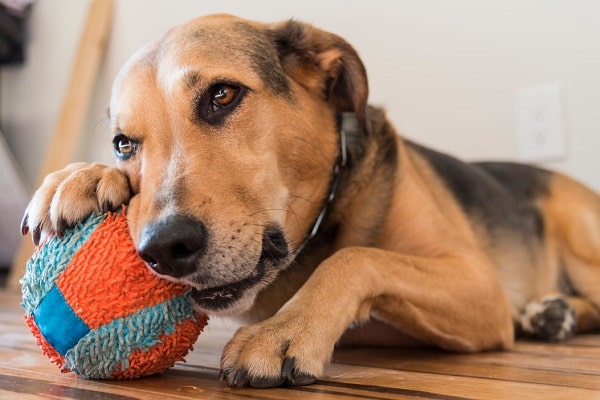
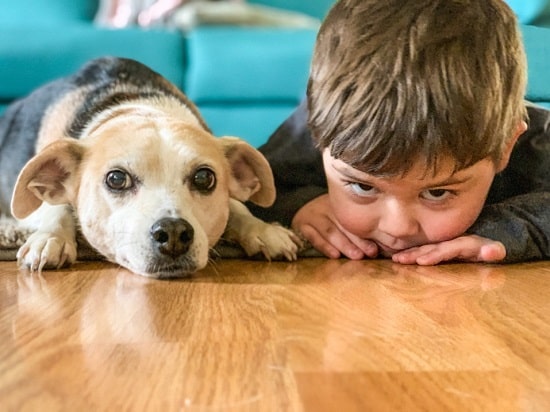


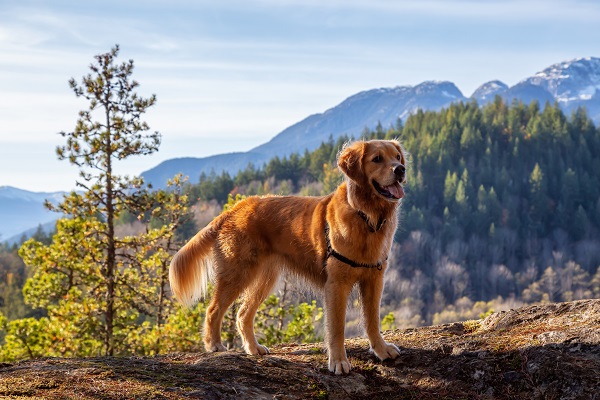
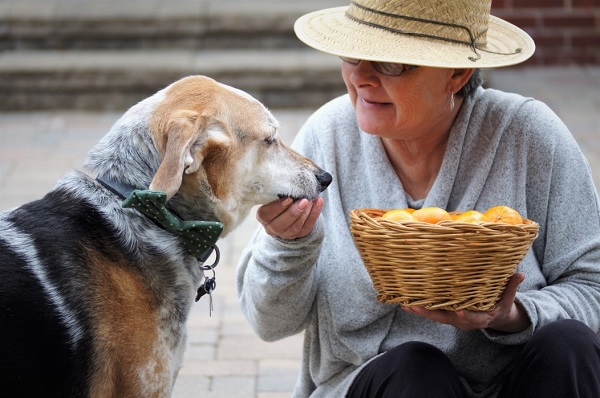

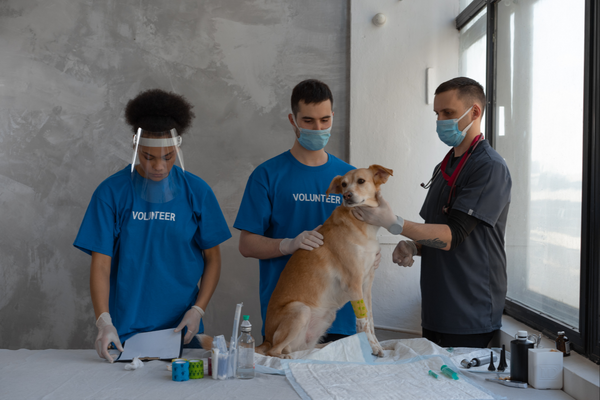












 in Chandigarh, India.
in Chandigarh, India. 
